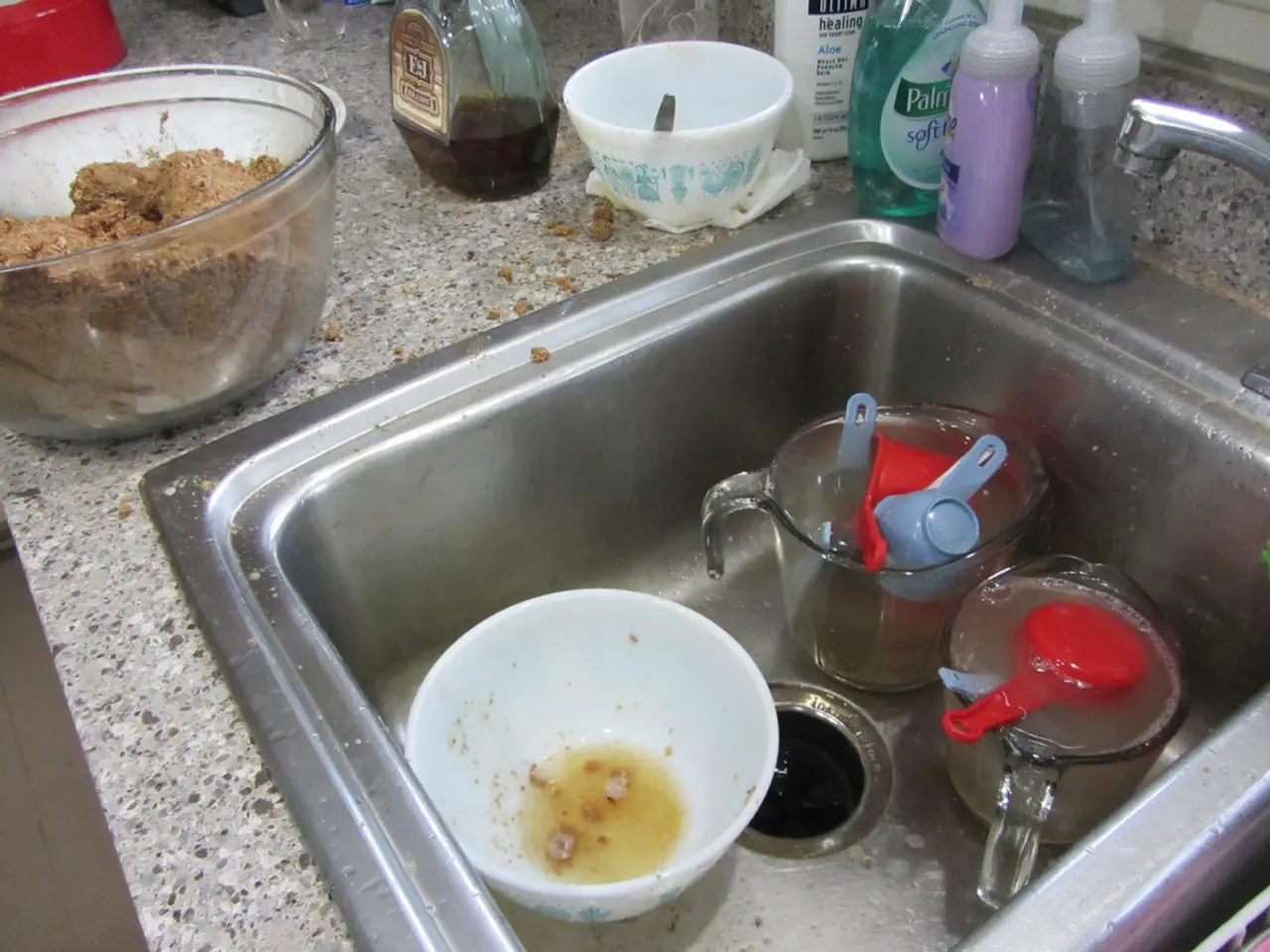Consuming this food may decrease the risk of infections ranging from UTIs to sepsis.
In the complex world of gut health, maintaining a balanced microbiome is key to preventing harmful bacterial overgrowth. A growing body of research suggests that altering the gut environment through dietary adjustments may be more effective than taking probiotics for managing "bad" gut bacteria.
Certain medications, such as antibiotics, proton pump inhibitors (PPIs), and non-steroidal anti-inflammatory drugs (NSAIDs), can cause dysbiosis — an imbalance of gut microbiota — by disrupting gut microbial balance. Antibiotics, for instance, directly kill or inhibit a broad range of gut bacteria, while PPIs alter the gut microbiome composition, reduce colonization resistance, and promote overgrowth of potentially harmful bacteria like Fusobacterium nucleatum and Streptococcus anginosus.
On the other hand, dietary fiber acts as a prebiotic, passing undigested into the colon and selectively stimulating the growth of beneficial gut bacteria like Bifidobacterium and Lactobacillus. These microbes then ferment the fiber to produce short-chain fatty acids (SCFAs) like butyrate and acetate. SCFAs improve intestinal barrier integrity and have anti-inflammatory effects, helping maintain a balanced gut environment and suppressing the growth of pathogenic bacteria.
A fiber-rich diet, such as the Mediterranean-style diet, increases the presence of beneficial taxa like F. prausnitzii and Akkermansia muciniphila, which enhance gut barrier function, reduce systemic inflammation, and promote metabolic health. The production of SCFAs from fiber fermentation also modulates gut pH and nutrient availability, creating conditions unfavorable for harmful bacteria to overgrow.
One microbial species, Faecalibacterium, produces SCFAs that make the gut inhospitable to harmful bacteria by breaking down dietary fiber. In fact, approximately 400 different species of bacteria live in the gut microbiome, competing for the same nutrients. Even with a healthy diet, the vast majority of Americans get woefully insufficient amounts of dietary fiber.
Harmful bacteria like E. coli and Klebsiella pneumoniae can cause serious infections, including urinary tract infections, bloodstream infections, pneumonia, gastrointestinal infections, meningitis, and liver abscesses. Therefore, getting a good amount of fiber in your daily diet is crucial for maintaining a balanced gut and preventing infections, inflammation, and disease.
Inulin fiber, known for producing SCFAs, plays a significant role in this process. A diet rich in plant-based foods and fiber is essential for supporting gut bacteria that produce beneficial SCFAs. Information on how to get started with the Mediterranean diet and its benefits for gut health is available online, along with a list of foods that provide inulin.
In summary, while common prescriptions can cause dysbiosis, dietary fiber supports the growth of beneficial bacteria through fermentation to SCFAs, thereby preserving gut barrier function and preventing overgrowth of harmful bacteria. A balanced gut microbiome is essential for overall health, and incorporating more fiber-rich foods into your diet is a simple, effective way to achieve this balance.
- In the complex world of health-and-wellness, the production of short-chain fatty acids (SCFAs) from dietary fiber fermentation plays a significant role in maintaining a balanced gut microbiome, which is key to preventing harmful bacterial overgrowth.
- Certain medications, such as antibiotics, proton pump inhibitors (PPIs), and non-steroidal anti-inflammatory drugs (NSAIDs), can cause inflammation by disrupting gut microbial balance through dysbiosis.
- Therapies-and-treatments like inulin fiber, known for producing SCFAs, can support the growth of beneficial gut bacteria and help create conditions unfavorable for harmful bacteria to overgrow.
- A balanced gut microbiome is not only essential for gut health but overall health as well, and nutrition, specifically a fiber-rich diet, is a simple, effective way to achieve this balance, as demonstrated by the Mediterranean-style diet.




